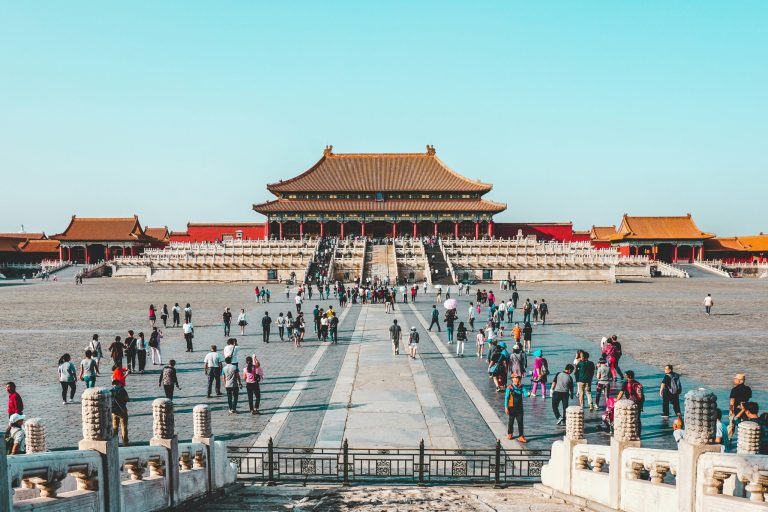The mounting economic challenges in China are not just altering domestic investment strategies but also driving wealthy individuals to seek financial security beyond its borders, as per an Aljazeera report.
Chinese millionaires leaving homeland
Many high-net-worth Chinese individuals are transferring wealth out of the country and some are also choosing to leave the country.
In 2023, 13,800 Chinese millionaires left the nation, and the number is projected to rise to 15,200 by the end of 2024, according to Henley & Partners.
While China still boasts over 6 million millionaires, this trend underscores a growing erosion of confidence among its wealthiest citizens.
Wealth transfers have not gone unnoticed by Chinese authorities.
Stringent capital controls limit individuals to transferring $50,000 annually, with transactions above 50,000 yuan flagged for scrutiny. However, affluent individuals have employed creative methods to bypass these restrictions.
Underground money handlers and techniques like “smurfing,” which involve splitting large transactions across multiple people, facilitate the movement of funds.
In response, the Chinese government has ramped up crackdowns, dismantling over 100 underground financial operations and tracing illicit transactions worth $11 billion since mid-2023.
Top destinations for Chinese wealth
Singapore has emerged as a premier destination for wealthy Chinese seeking financial refuge. Its reputation for political stability, robust regulatory framework, and favourable tax policies make it a top choice for establishing family offices and purchasing luxury real estate.
In 2022, Chinese buyers dominated Singapore’s high-end property market, and the city-state continues to attract significant wealth inflows despite heightened scrutiny.
Other destinations like Canada and the US remain popular, though recent geopolitical tensions have added complexities to wealth migration.
Meanwhile, Singapore’s Monetary Authority has rejected some applications for family offices linked to Chinese wealth, reflecting increased vigilance against illicit financial activities.
As China’s affluent class continues to diversify their assets internationally, this trend may have far-reaching implications.
While the immediate concern for Beijing is mitigating capital flight, the broader issue lies in restoring trust among the private sector.
Recent government efforts to adopt a pro-business tone, including reassurances from Premier Li Qiang, aim to stem the outflow of wealth.
It remains to be seen whether these measures will rebuild confidence in China’s economic stability.
China’s wealthy seek global insurance
With the nation grappling with slowed growth, high youth unemployment, and a faltering property market, affluent Chinese are increasingly opting for foreign insurance policies.
These provide both a hedge against local risks and access to more robust healthcare systems, highlighting a trend with significant implications for global markets.
China’s economic growth has been underwhelming, falling well below its historical average and casting doubt on its ability to reach the desirable growth target.
This uncertainty, coupled with systemic issues like youth unemployment above 17% and a property market slump with prices down by 8% from their peak, has shaken confidence in domestic investments.
For the wealthy, securing foreign insurance policies has become a means of diversifying their assets and ensuring financial stability.
These policies, often acquired in regions like Hong Kong, Singapore, and the US, are viewed as more reliable and comprehensive compared to their domestic counterparts.
Foreign insurance plans offer the dual benefit of robust international healthcare access and financial products tied to global markets.
This shift highlights how economic challenges at home are reshaping the spending patterns of China’s affluent.
The post Many Chinese millionaires are relocating: where are they heading? appeared first on Invezz

